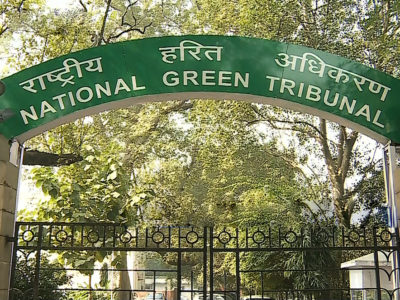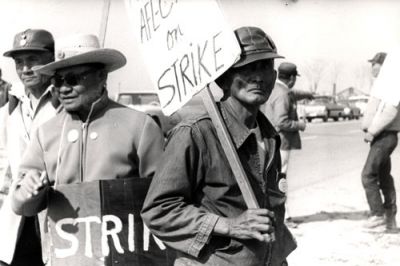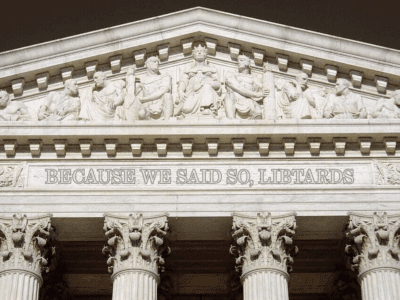What is Environmental Justice, Anyway?
New UCLA Law Review Article Attempts To Connect It To Community Legal Empowerment

I have a new piece out in the UCLA Law Review Discourse. Here’s the abstract:
This Article considers Gitanjali Nain Gill’s recent book Environmental Justice in India, the first comprehensive look at India’s National Green Tribunal. India’s environmental crisis—major international surveys highlight its severe environmental degradation—is of interest to the global public, for no progress on climate change can be made without improving its environmental governance. In addition to assessing issues concerning the best ways to integrate science into judicial decisionmaking and highlighting India’s failure to maintain good environmental data, I argue that the Tribunal’s record reveals several crucial challenges for India’s environmental future. In particular, India’s punishingly overcrowded courts raise the specter that the Tribunal’s advances in environmental governance will become overwhelmed by lack of resources. In this light, this Article argues that the nation’s judiciary possesses the constitutional authority to fund itself, and also to fund a major expansion of legal assistance for underserved communities that is necessary for achieving true environmental justice.
I sort of fell into this conclusion by accident. I didn’t think that considering India’s (relatively) new environmental court would lead me into re-thinking (or perhaps more accurately, expanding) the definition of environmental justice (which quite frankly is big enough already). But that’s where it wound up.
I once heard a witness at a Congressional hearing talk about a “gaping gap.” That’s what environmental legal scholarship about India is now: no one in the US legal academy really writes about it at all. But I hope that this piece, although styled as a review essay, helps us think about some pressing issues, not only regarding India, but also about environmental justice. I argue that a big piece of the EJ puzzle lies in developing community legal capacity. In the Global South, particularly in India, that will mean not so much traditional lawyers, but rather “barefoot lawyers” — trained paralegals who can assist subordinated communities to use the legal system for self-empowerment. I contend that under the Indian Constitution, courts can order funding for these programs on their own. And given India’s ongoing environmental crisis — which, in light of its ever-increasing carbon emissions, is also our environmental crisis — we had better start moving now.







Reader Comments